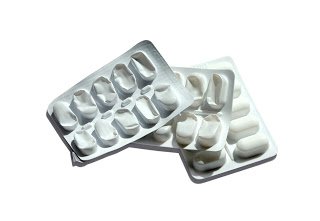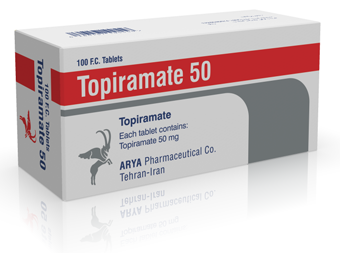What is the state of the art in addiction research? How do we measure recovery? These, and other questions dominated presentations on systematic
Double trouble: opioids and pain among people with substance use disorders
Against the use of opioids for chronic non-cancer pain to people who have active substance use disorders advises the third recommendation in the new
How can we do better job in studying Topiramate?
Topiramate prevents seizures in people with epilepsy. Previously, we looked at all studies to see whether Topiramate can help treat cocaine addiction,
Health care research is untidy – what does it mean for postdocs? #CochraneCalgary2015
Why do we study health? Because we want to help patients. It’s no rocket science. And yet, most clinical trials do not measure outcomes that are
Which talking therapies work for drug users with alcohol problems? A Cochrane update
Have you ever had an unresolved question and you kept asking again, again and again, until you got the answer? We wanted to find out whether talking
How Cochrane Keeps the Addiction Science in Check
Science isn’t infallible. Humans make mistakes even in this highly sophisticated method of understanding the world around us. Thanks God, addiction
Finding the Evidence for Talking Therapies: Article in the Forum magazine
In an attempt to prove that counseling works for reducing drinking in concurrent problem alcohol and illicit drug users, I ended up on a journey
Does it work? When doctors need evidence
Healthcare professionals can generate important clinical questions for addiction research. Answering such questions by conducting a Cochrane review of
Addressing a Training Gap through Addiction Research Education for Medical Students: New Paper out Now
Can medical doctors use scientifically proven treatments for addiction? Can they access and critically appraise the latest advances in the addiction


